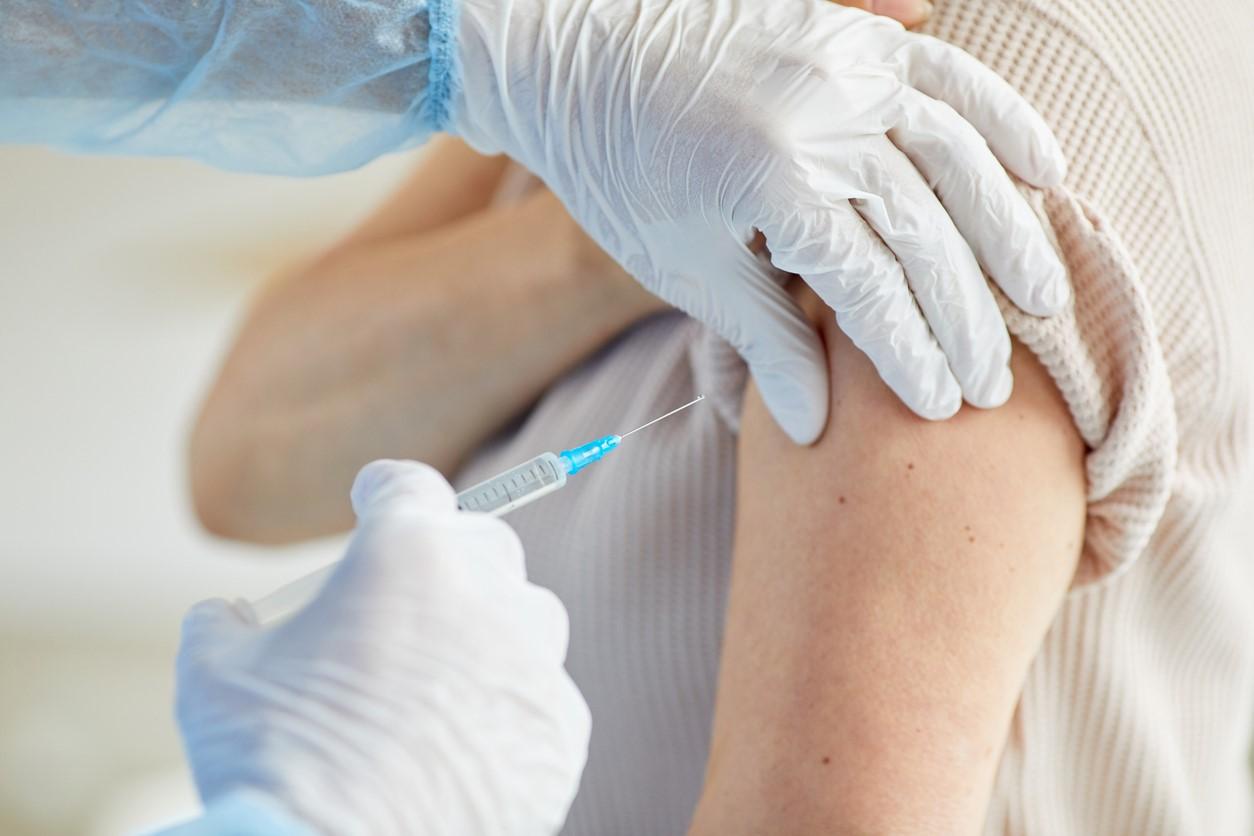The bivalent (two-strain) COVID-19 booster provides substantial protection against death among US adults aged 65 years and older, with no significant signs of waning for up to 6 months, concludes a study published today in Morbidity and Mortality Weekly.
Researchers from the Centers for Disease Control and Prevention led the study and followed up on a previous report on the durability of bivalent booster protection against death among adults aged 65 and older. The team conducted the study over three periods of the SARS-CoV-2 Omicron variant wave (BA.5 substrain, September 18 to November 5, 2022; BQ.1/BQ.1.1, November 6, 2022, to January 21, 2023; and XBB.1.5, January 22 to April 1, 2023).
Higher death rates among unvaccinated
From September 18, 2022, to April 1, 2023, 8,161 unvaccinated or boosted adults 65 and older died of COVID-19 in the 20 US jurisdictions that routinely link case surveillance data to immunization registries and vital registration databases.
A total of 58% of deaths occurred among adults aged 80 years and older, with deaths consistent among both vaccinated and unvaccinated people and across the three periods. Among adults 65 and older, death rates peaked in December 2022 during the period of BQ.1/BQ.1.1 predominance. Higher death rates were seen among unvaccinated adults in all three periods studied.
Time-stratified analyses comparing death rates among unvaccinated and vaccinated people 2 weeks or 2 months after receipt of a bivalent booster dose showed that death rate ratios (RRs) decreased significantly, from 16.3 during the BA.5-dominant period to 8.4 during XBB.1.5 predominance, representing a slight decline in crude vaccine effectiveness, from 94% to 88%.
Death RRs were comparable among adults who had received a bivalent booster 2 weeks or 2 months earlier or 3 to 6 months earlier during BQ.1/BQ.1.1 predominance (11.4 and 11.0, respectively) and during the XBB.1.5 period (8.4 and 7.3, respectively).
Some immune evasion during XBB.1.5
"Some immune evasion was observed during the Omicron XBB.1.5 period (evidenced by a 6% decrease in vaccine effectiveness compared with that during the BA.5 period), likely related to changes in the spike protein relative to the BA.4/BA.5 spike contained in the bivalent vaccine," the study authors wrote.
The results are relevant to selection of a strain or strains to include in the COVID-19 booster expected to be released this fall, the researchers said.
Some immune evasion was observed during the Omicron XBB.1.5 period (evidenced by a 6% decrease in vaccine effectiveness compared with that during the BA.5 period), likely related to changes in the spike protein relative to the BA.4/BA.5 spike contained in the bivalent vaccine.
"With the expiration of the COVID-19 public health emergency declaration on May 11, 2023, routine monitoring of incidence, hospitalization rates, and death rates by vaccination status has been discontinued; however, CDC will continue to monitor vaccine effectiveness through well-controlled studies (e.g., the VISION and IVY networks)," they wrote.
"All persons should stay up to date with recommended COVID-19 vaccines, including ≥1 bivalent dose for persons aged ≥6 months," they added. "Additional bivalent vaccine doses are optional for adults aged ≥65 years and immunocompromised persons."




















